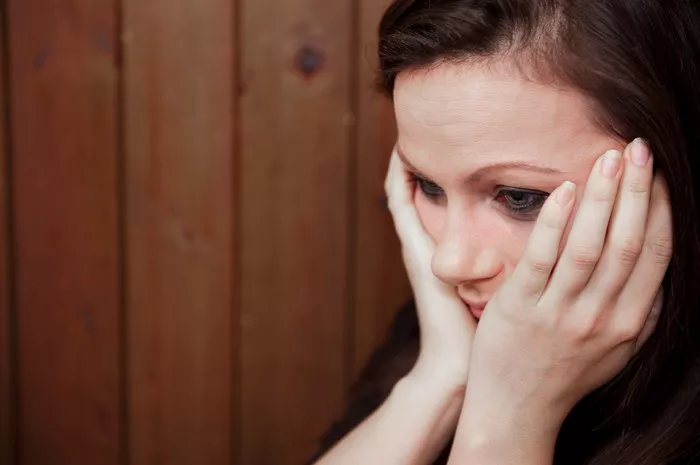Many young people in the United States face hidden battles with mental health issues like depression and anxiety. These problems often go unnoticed because teens and young adults may not openly talk about their feelings or seek help.
What Are Depression and Anxiety?
Depression is more than just feeling sad. It’s a persistent feeling of hopelessness and loss of interest in activities once enjoyed. Anxiety involves excessive worry or fear that can interfere with daily life. Both conditions affect mood, thoughts, and behavior.
Causes of Depression and Anxiety in Young People
Several factors contribute to these mental health challenges among youth:
- Stress from school and social pressure: Academic demands and peer relationships can create overwhelming stress.
- Family issues: Conflict, divorce, or loss in the family can trigger emotional distress.
- Social media: Constant comparison and cyberbullying can harm self-esteem.
- Biological factors: Genetics and brain chemistry also play important roles.
Common Symptoms to Watch For
Young people struggling with depression or anxiety may show signs such as:
- Feeling sad or irritable most of the time
- Losing interest in hobbies or friends
- Trouble sleeping or sleeping too much
- Difficulty concentrating or making decisions
- Physical symptoms like headaches or stomachaches
- Avoiding social situations or school
How Can These Conditions Be Treated?
Fortunately, depression and anxiety are treatable. Common approaches include:
- Counseling: Talking with a therapist helps young people understand and manage their feelings.
- Medication: Doctors may prescribe medicine to balance brain chemistry when needed.
- Lifestyle changes: Regular exercise, healthy eating, and good sleep habits support mental health.
- Support from family and friends: Encouragement and understanding from loved ones make a big difference.
Why It Matters
Recognizing and addressing depression and anxiety early can improve the lives of young people. If you or someone you know is feeling overwhelmed, reaching out for help is a brave and important step toward feeling better. Mental health is just as important as physical health, and no one should suffer in silence.
Related Topics:
- Why Mental Health Awareness Matters and How to Build It
- Understanding Epilepsy: Is It a Mental Illness?
- Why Some Women Cut Ties With Their Toxic Narcissist Mothers


